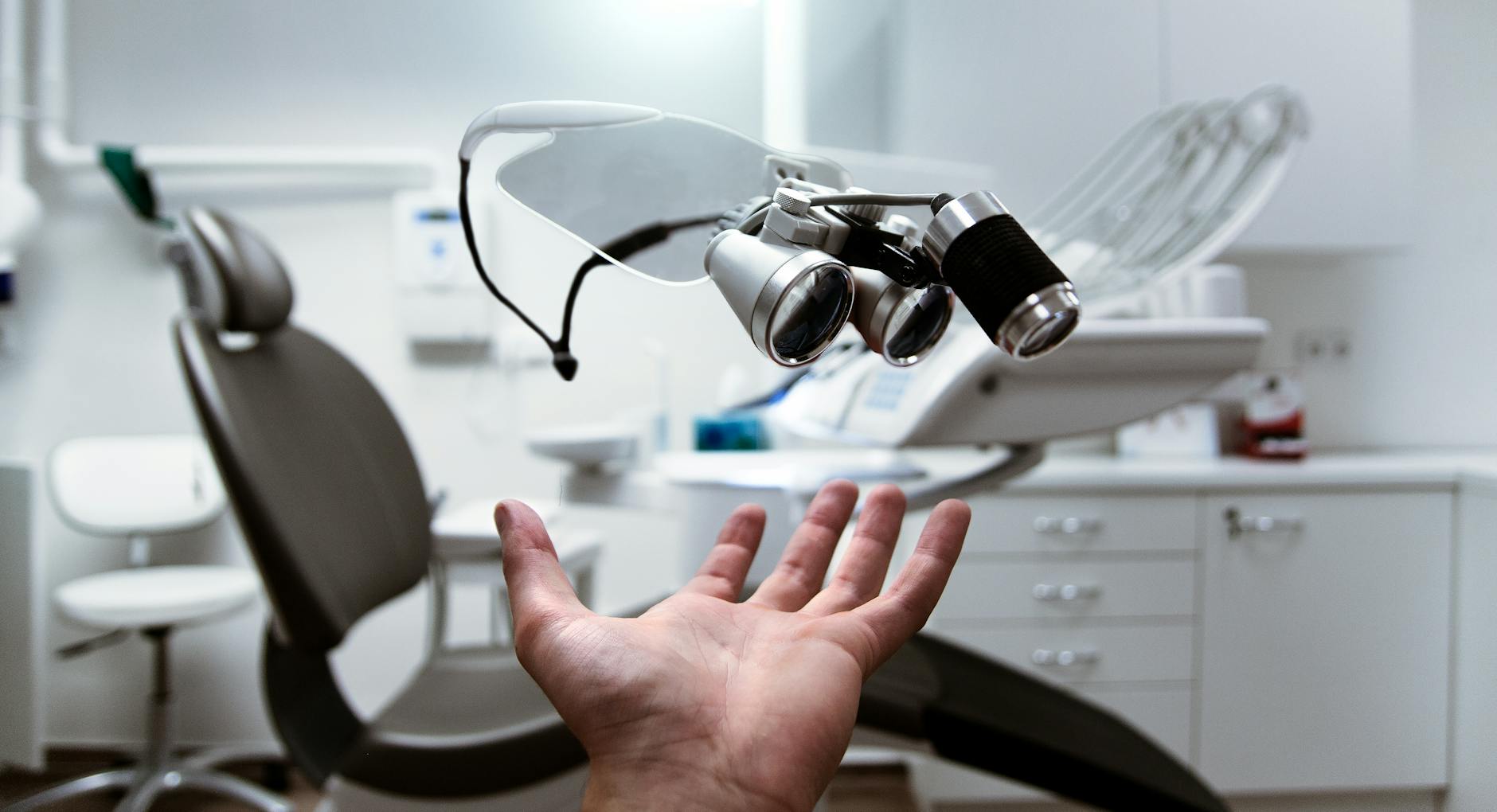What is sleep hygiene techniques?
What is sleep hygiene techniques?
Sleep hygiene techniques are essential practices that help ensure a good night’s sleep. In our fast-paced world, where productivity often reigns supreme, prioritizing sleep can feel counterintuitive. However, quality sleep is foundational for optimal health, mood, and overall well-being. Think about it: how often do you hear someone say they’re running on empty? That’s a clear sign that sleep hygiene is often overlooked.
Understanding Sleep Hygiene Techniques
So, what exactly are sleep hygiene techniques? At their core, these techniques represent a set of habits and practices that promote consistent, restorative sleep. They encompass everything from the environment in which you sleep to your daily routines. Good sleep hygiene is about creating the right conditions for sleep, allowing you to wake up refreshed and ready to tackle the day.
Definition of Sleep Hygiene
Sleep hygiene refers to a variety of behavioral and environmental practices that contribute to good sleep quality. According to the Sleep Foundation, sleep hygiene includes maintaining a consistent sleep schedule, creating a restful environment, and developing pre-sleep routines. All these elements work together to prepare your mind and body for slumber.
Benefits of Practicing Sleep Hygiene
The benefits of implementing sleep hygiene techniques are both immediate and long-term. Here are a few key advantages:
- Improved Focus: Better sleep leads to enhanced cognitive function, making it easier to concentrate on tasks throughout the day.
- Better Mood: Adequate rest can significantly impact your emotional well-being, reducing irritability and mood swings.
- Enhanced Productivity: When you’re well-rested, you’re more efficient and effective in your personal and professional life. You can learn more about the role of sleep in productivity from Baptist Health.
Essential Sleep Hygiene Techniques
Now that we understand what sleep hygiene is and its benefits, let’s explore some essential techniques that can help you improve your sleep quality.
Creating a Sleep-Conducive Environment
Your sleeping environment plays a significant role in your ability to fall and stay asleep. Here are some tips for a more sleep-friendly space:
- Keep it Dark: Use blackout curtains or an eye mask to block out light. Darkness stimulates melatonin production, which helps you sleep.
- Control the Temperature: A cooler room (around 60-67°F) is generally more conducive to sleep. Consider using a fan or adjusting your thermostat as needed.
- Reduce Noise: Use earplugs or white noise machines to drown out disruptive sounds.

Photo by Daniel Frank
Establishing a Consistent Sleep Schedule
Your body thrives on routine. Going to bed and waking up at the same time each day reinforces your body’s natural sleep-wake cycle. This consistency can improve your overall sleep quality. Even on weekends, try to keep your sleep schedule relatively stable.
Limiting Screen Time Before Bed
In our digital age, it’s easy to fall into the trap of scrolling through social media or binge-watching shows late into the night. However, the blue light emitted by screens can interfere with melatonin production, making it harder to fall asleep. Aim to turn off screens at least an hour before bedtime. Instead, consider reading a book or practicing relaxation techniques before bed.
Mindfulness and Relaxation Techniques
Incorporating mindfulness and relaxation techniques into your nightly routine can significantly enhance your sleep hygiene. Techniques such as deep breathing exercises, meditation, or gentle yoga can calm your mind and prepare your body for rest. Experiment with different methods to find what works best for you.
Common Mistakes in Sleep Hygiene
Even with the best intentions, it’s easy to slip into habits that undermine our sleep hygiene. Here are some common pitfalls to avoid:
Inconsistent Sleep Patterns
Irregular sleeping times can wreak havoc on your body’s internal clock. If you often go to bed at different times, you may find it harder to fall asleep and wake up feeling groggy. Strive for consistency to improve your sleep quality.
Caffeine and Alcohol Consumption
While caffeine can boost energy, consuming it too late in the day can disrupt sleep. Similarly, while alcohol may make you feel sleepy initially, it can lead to fragmented sleep later in the night. Try to limit these substances, especially in the hours leading up to bedtime.
Ignoring Stress Management
Stress can be a major barrier to a good night’s sleep. Failing to address stressors in your life can lead to sleepless nights. Prioritize stress management techniques, such as journaling or talking with a friend, to help clear your mind before bed.
Implementing Sleep Hygiene Techniques in Daily Life
So how can you start incorporating these techniques into your daily routine? Here are some actionable steps to get you started.
Creating a Bedtime Routine
A calming pre-sleep routine signals to your body that it’s time to wind down. Consider activities such as:
- Taking a warm bath
- Listening to soothing music
- Reading a chapter from a book
Establishing a routine can help make sleep feel like a natural and inviting process.
Tracking Sleep Patterns
Monitoring your sleep patterns can offer valuable insights into your sleep hygiene effectiveness. Consider using sleep-tracking apps or wearable devices to gather data on your sleep quality. This information can help you identify trends and adjust your habits accordingly.
Conclusion
Incorporating sleep hygiene techniques into your life can be transformative. By prioritizing good sleep practices, you can enhance your productivity, mood, and overall well-being. Remember, quality sleep isn’t just a luxury; it’s a necessity for a balanced life. Start implementing these techniques today, and watch as your nights—and days—improve dramatically. For further reading, check out the comprehensive guide on sleep hygiene from the Sleep Foundation.